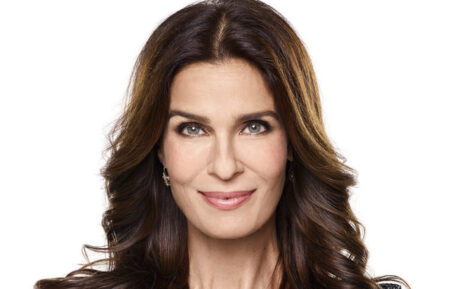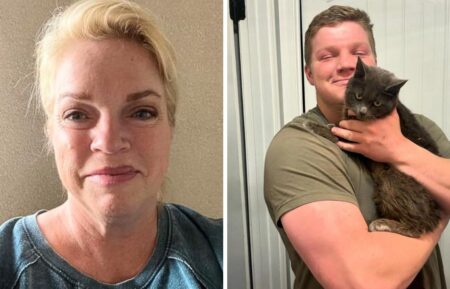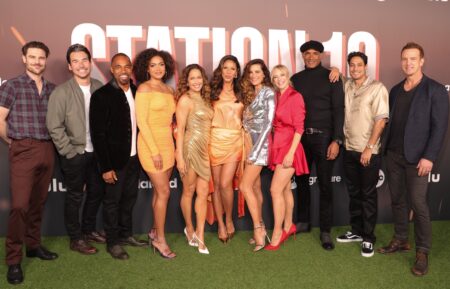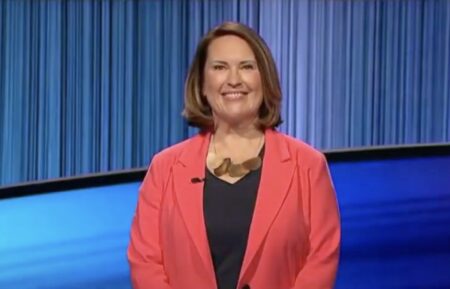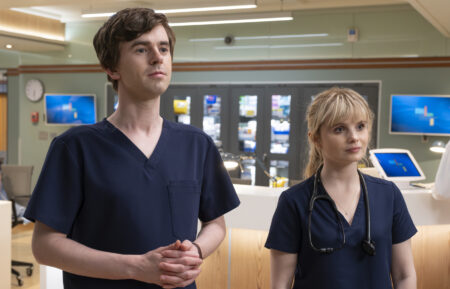On The Slap, the Assault Is Just the Beginning
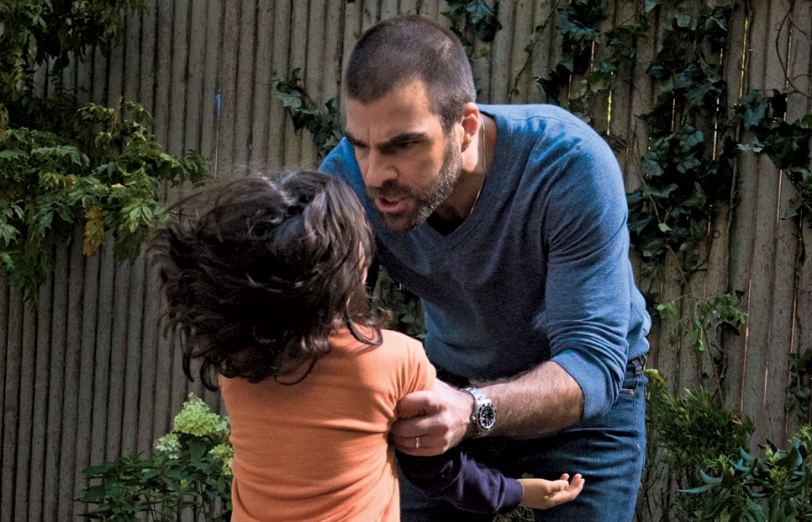
It’s not the blowout they intended. On NBC’s eight-part miniseries The Slap–based on a 2008 novel by Christos Tsiolkas and an Australian series of the same name–a Brooklyn-based couple, Hector (Peter Sarsgaard) and Aisha (Thandie Newton) invite their exuberant extended Greek family and some friends over for a backyard birthday celebration. During the revelry, Hugo (Dylan Schombing), the unruly child of another couple (Thomas Sadoski and Melissa George), misbehaves and prompts Hector’s abrasive cousin Harry (Zachary Quinto) to strike the kid across the face. The smack sets off a chain reaction within the group that leads to secrets being exposed and core values being questioned.
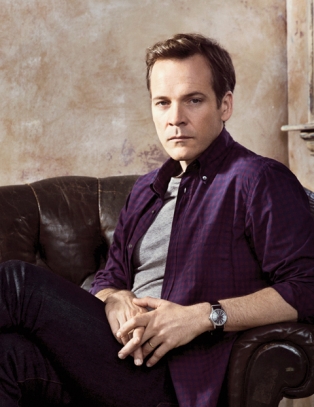
“The series is no more about the slap than a bottle of Coke is about its cap,” says executive producer Walter F. Parkes. “There were enough tensions before the slap, but after, there’s this barely hidden hostility that we’re trying to exploit.”
Adapted by acclaimed playwright Jon Robin Baitz (Other Desert Cities) and directed by Lisa Cholodenko (The Kids Are All Right), each episode explores the situation’s repercussions through the lens of a different character and reveals both the positive and negative results that emerge. The slap stops Hector from entering an extramarital fling with babysitter Connie (Makenzie Leigh) and empowers him to start protecting his own family. “I think sometimes we get into routines of behavior and don’t realize that the whole car has fallen apart and is running on its rims,” Sarsgaard says. “This is an event that makes everyone look inward and say, ‘What are my priorities?'”
The premise also caused many of the cast members who are parents in real life to reflect on their own beliefs about how to discipline kids. “I don’t believe in hitting, and I don’t think violence is a good way to teach children anything,” says Uma Thurman, who plays Anouk, a family friend attending the party. “But [the series] is an incredible analysis of how a moment of reactiveness can change your whole life.”
When it came time to shoot the assault (which occurs at the end of the first episode), the cast and producers worked diligently to provide a safe environment for the younger actors. “The well-being of the children was the most important thing in that whole process,” Quinto says. “We isolated the shots of the slap itself and then built the rest of the scene leading up to the aftermath without the children there because there’s a lot of explosive anger and confrontation.”
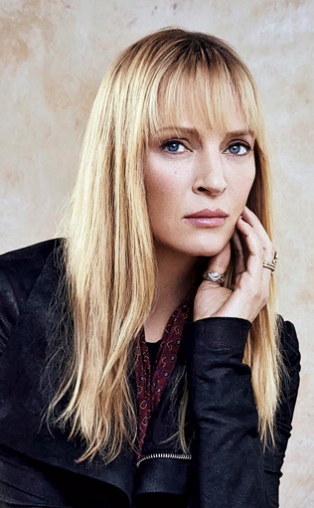
That confrontation boils over in the second episode, which centers on Quinto’s Harry and digs deep into his Greek roots and his relationship with his son, Rocco. “We really look at what Harry is trying to teach his own son and why Harry felt the need to stand up in this manner,” Quinto explains. “Rocco couldn’t quite protect himself [from Hugo] in the way that Harry would have liked. What are the frustrations and disappointments the parents feel when their kid doesn’t reflect the kind of person that they think he should be?”
Later installments delve into Anouk’s relationship with a younger man (Gossip Girl’s Penn Badgley) and Aisha’s mind-set about her shaky marriage. To tell a story of this scope with a sprawling array of characters, the producers and NBC set out to target the highest-caliber actors available. Sarsgaard was the first to commit, and Parkes calls his involvement “essential” to the casting process. “He’s the key to the whole thing,” Parkes says. “Hector is really the everyman in the middle of all of this–the planet that everything revolves around, even in subsequent episodes.” Sarsgaard credits both Baitz and the location as the major factors that attracted him to the project. “Much of it filmed four blocks from my house, so this is my neighborhood and this is the milieu of the people I live around,” says the actor, who has two daughters with actress Maggie Gyllenhaal. “I’m not really that excited about going to far-flung places.”
The biggest challenge the creative team faced was adapting the material to fit the sensibilities of an American broadcast network–both the novel and the Australian version contain graphic sexual and violent moments that wouldn’t be appropriate in an 8pm time slot. Sarsgaard argues that those limitations actually helped the story’s themes. “On cable, somebody might have shot someone else’s kid instead of hit him,” he says. “But it doesn’t need to go that far, so I think network TV in its restrictions made this more authentic to what’s really going around in most of our lives.”
The Slap, Series premiere, Thursday, Feb. 12, 8/7c, NBC



